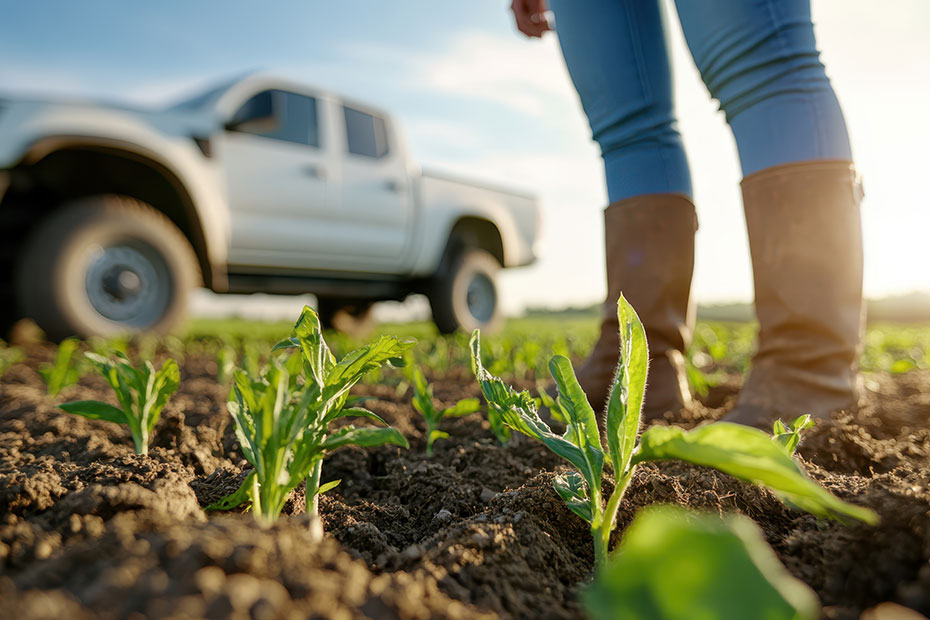

The 2024 UK budget has brought some significant changes to the tax treatment of double cab pickups. Previously classified as commercial vehicles, double cab pickups with a payload capacity of at least one tonne will soon be considered “cars” for specific tax purposes. This shift brings several tax implications that businesses need to consider, especially those who use these vehicles as company cars or for business-related travel.
If your business relies on double cab pickups, it’s essential to understand the changes and how they may impact your tax allowances, overall costs, and purchasing decisions in the lead-up to the April 2025 deadline.
Key Tax Changes for Double Cab Pickups in 2025
The new rules introduce a few important updates to the tax treatment of double cab pickups:
- Reclassification as Cars: Starting April 2025, double cab pickups will be classified as "cars" for certain tax purposes, ending their status as commercial vehicles. For businesses that previously benefited from tax reliefs tied to their commercial status, this reclassification marks a considerable shift.
- Capital Allowances: With the change in classification, double cab pickups will no longer qualify for the same capital allowances available to commercial vehicles. This means businesses can expect reduced capital allowances on these vehicles, affecting the potential for tax relief on depreciation.
- VAT Rules Remain Unchanged: While the tax classification will change, VAT treatment remains consistent. Businesses using these pickups for qualifying business purposes can continue to reclaim VAT as they previously would on commercial vehicles.
Implications for Businesses
This reclassification impacts several aspects of how businesses manage and write off expenses for these vehicles. Here’s what to consider:
- Reduced Tax Relief: Double cab pickups now face the same restrictions as passenger cars, which means the capital allowance claims will be less favourable. Businesses that relied on these vehicles for significant tax write-offs may see increased taxable income as a result.
- Increased Costs: Without the same tax benefits, the overall cost of owning or leasing a double cab pickup may rise, especially if capital allowances were a significant factor in the purchasing decision.
- Deadline for Current Tax Benefits: The changes take effect in April 2025, so businesses looking to purchase double cab pickups with existing tax benefits may want to act quickly. Buying before the deadline allows businesses to potentially take advantage of the current capital allowances before the reclassification occurs.
Practical Steps to Prepare for the Tax Changes
- Evaluate Fleet Needs: Assess whether double cab pickups are still the best option for your business. Given the upcoming reduction in tax relief, it may be worth exploring alternative vehicles that still qualify for commercial vehicle tax benefits.
- Review Financial Implications: Work with a tax professional to understand how the reduced capital allowances could impact your business's bottom line and adjust your financial planning accordingly.
- Consider Immediate Purchases: For businesses needing to add double cab pickups to their fleet, purchasing before April 2025 may allow you to leverage the last window of the current tax structure. This could be a strategic way to minimise the cost impact before the new classification takes effect.
- Plan for the Long Term: Given the classification change, businesses may need to rethink their long-term vehicle strategies and explore ways to maximise efficiency while remaining tax-compliant.





